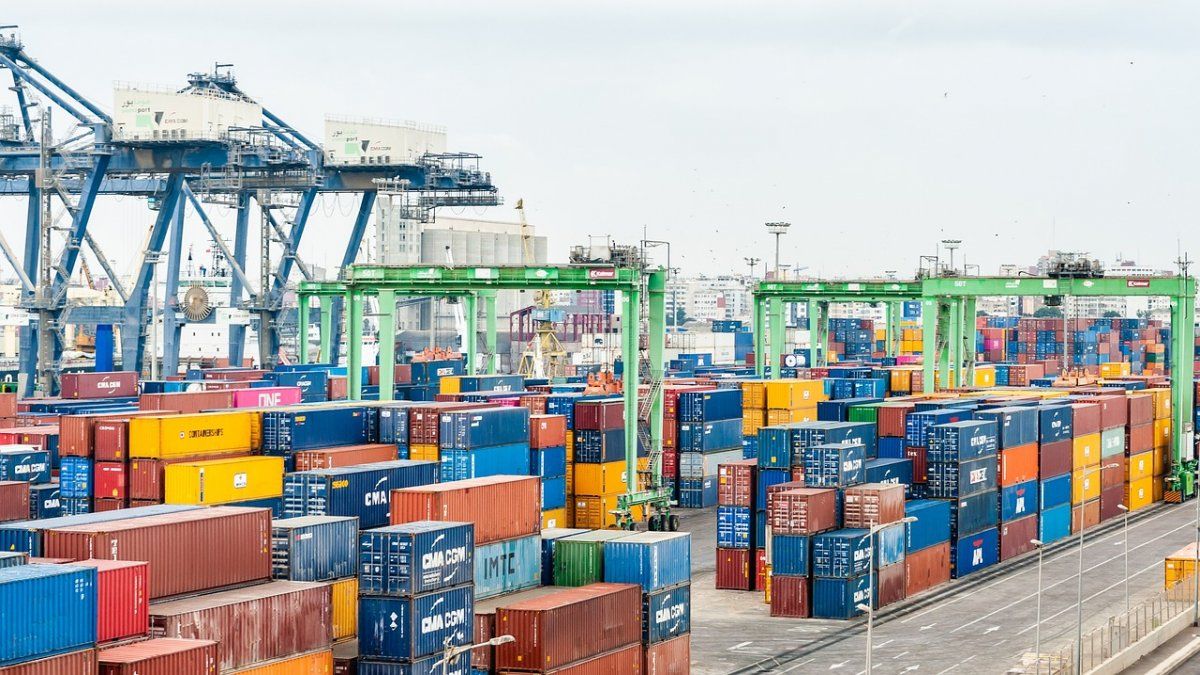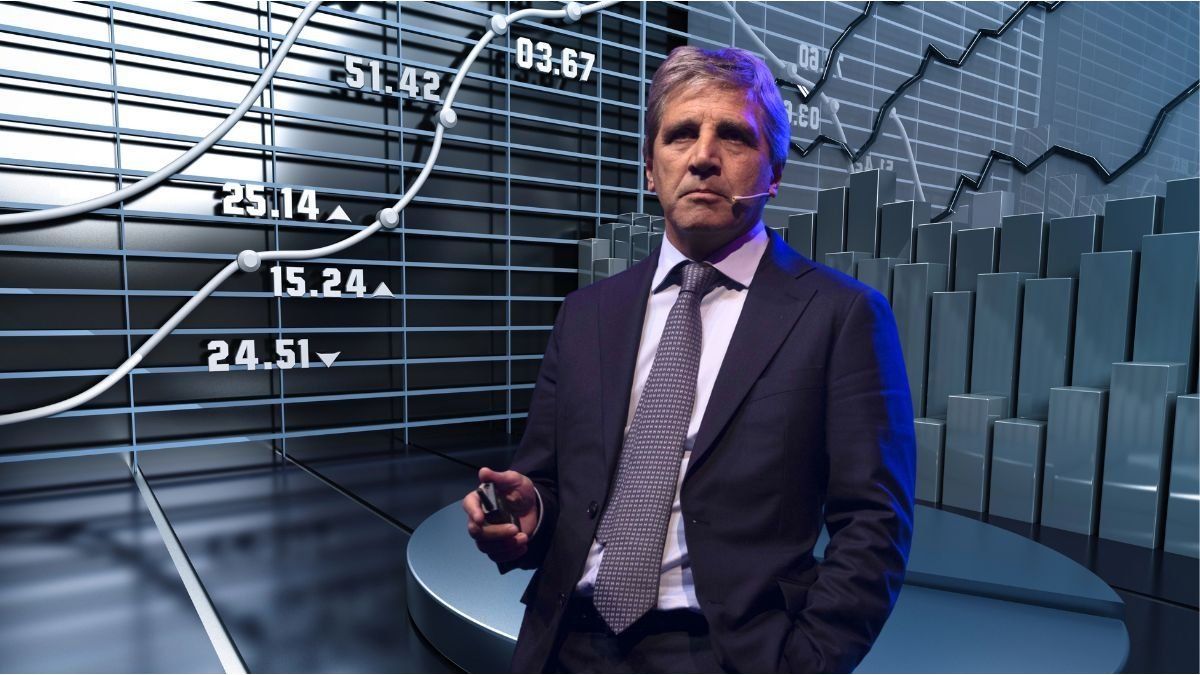The concern of the industrialists goes through the access to the exchange market to bring inputs from abroad. They state that difficulties have increased since June.
Companies from various sectors await the disbursement of some US$7.5 billion by the International Monetary Fund and that this helps decompress the external sector. Specifically, the concern of industrialists today involves access to the exchange market to imports and they believe that with the arrival of fresh dollars, foreign purchases could be accelerated. In this context, the Government is preparing measures to offset the impact of the devaluation on consumption and production.
The content you want to access is exclusive to subscribers.
INDEC published its report on Argentine trade on Tuesday and according to these data, imports fell by 10.1% year-on-year in the first seven months of the year. Although it is true that the item that falls the most is energy (during 2022 there were record prices due to the war between Russia and Ukraine), cars, capital, intermediate and consumer goods also had losses.


The trend worsened particularly in the last three months. Four industrialists with whom Ámbito spoke explained that the difficulties became particularly accentuated from June. The first quarter was relatively quiet in terms of access to inputs. Later, with the implementation of payment to suppliers with yuan, many found a window to expedite purchases but now that has slowed down.
“Operating in recent weeks was very complex because, in addition, there were problems with the AFIP system,” explained the owner of a metallurgical company that exports more than it imports. “In some cases, the permits were approved but without a payment date, so you don’t know where to calculate the costs either,” said the head of a firm that sells electrical appliances and maintained that “the scenario of uncertainty in imports also It impacts inflation because we all need to cover ourselves.”
The shared expectation between businessmen and civil servants is that with the arrival of fresh funds the external sector will partially decompress. This Tuesday, the Minister of Economy, Sergio Massa, announced from the United States $1.3 billion in additional financing from the World Bank (WB) and the Inter-American Development Bank. The conversations with the World Bank include financing for US$200 million that will operate through BICE and that, according to the head of the Palacio de Hacienda, will have the objective of pre-financing foreign trade.
In the next few hours, Massa will have a face to face with Kristalina Georgieva and it is expected that the IMF board of directors will approve the agreement reached at the technical level for the fifth and sixth revision of the extended facilities agreement, which should give rise to a disbursement of US$7.5 billion, which must be used in part to repay “bridge” loans with CAF and Qatar.
The rest corresponds to own funds used by the Central Bank of the Argentine Republic with Special Drawing Rights (SDR) and yuan from the swap with China. In any case, the reimbursement of those payments made by Argentina will give relief to the reserves and probably to the commercial front. The Minister of Economy himself pointed out yesterday that the accumulation of holdings in the monetary entity cannot be built on a greater strangulation of the importation of productive inputs.
While industrialists receive notes with requests for compensation for “exchange difference”, The Government prepares a series of measures to mitigate the impact of the devaluation in the sector. Official sources anticipated Ambit that the announcements will be focused on new financing instruments, accompaniment via guarantees and “fiscal simplification”.
Source: Ambito




